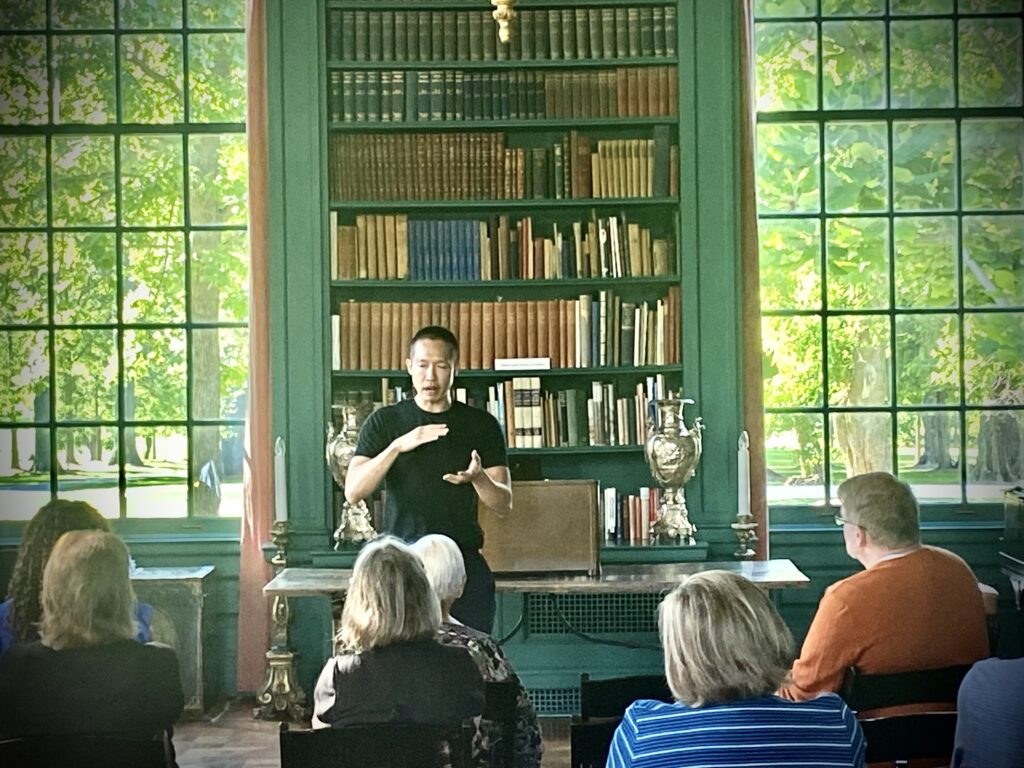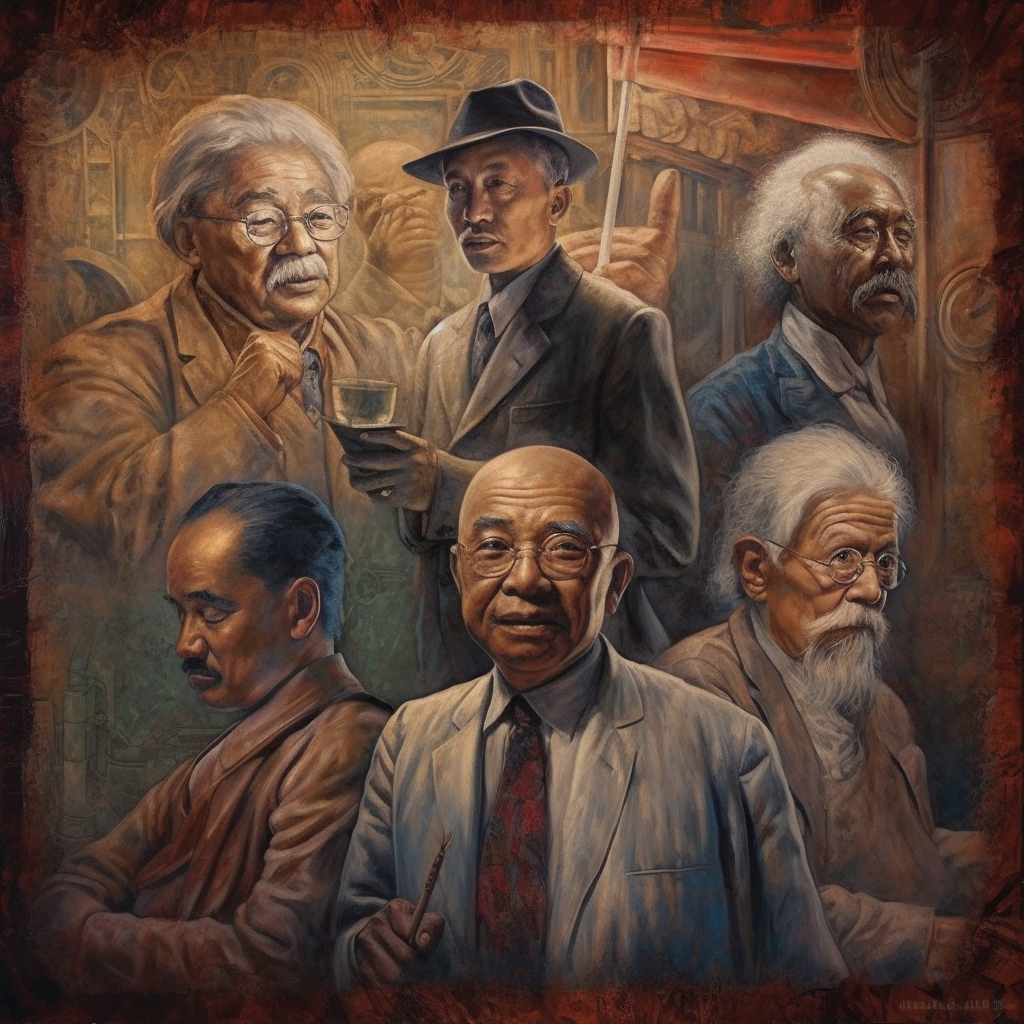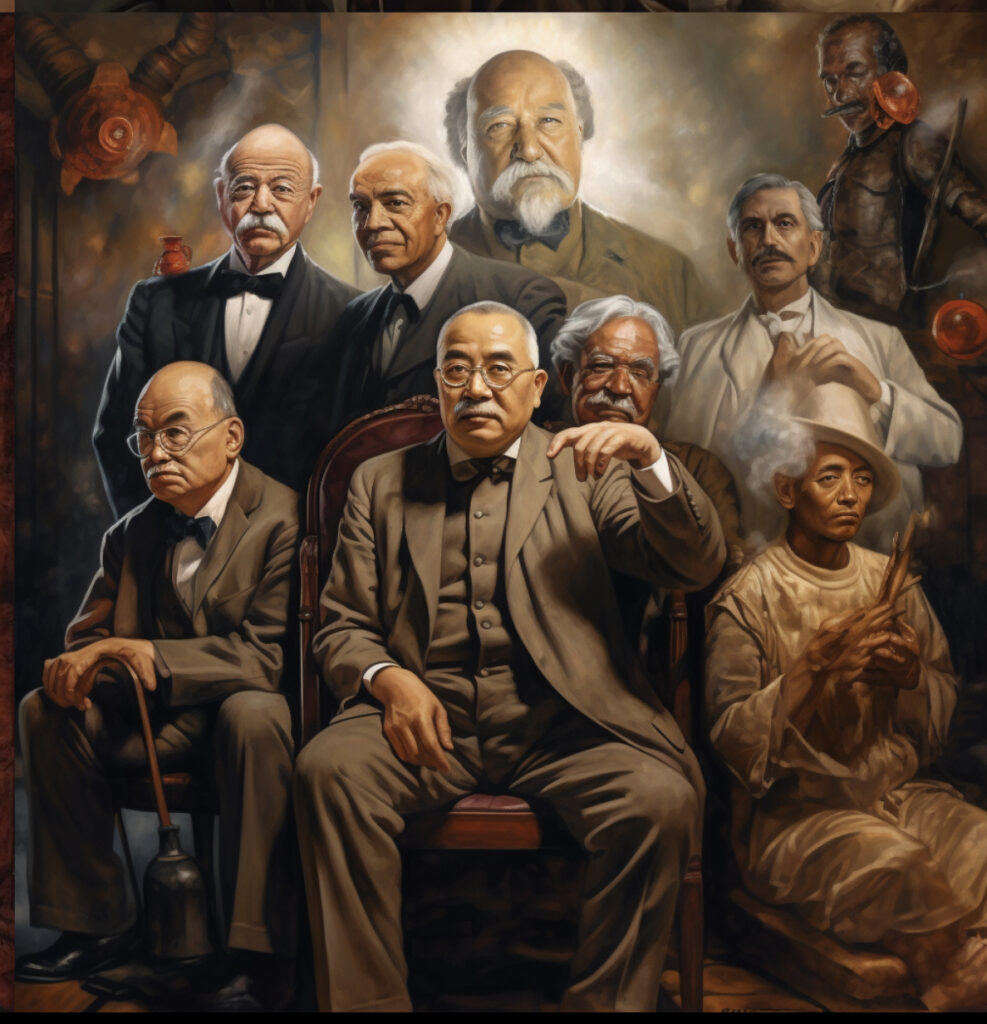Every once in a while, as a parent, you may catch yourself immersed in a pool of questions. Am I doing this right? Am I good enough? What if I fail my children? These are just a few among many doubts that may occasionally cloud your mind. Di Tran, renowned author of the compelling book, “Drop the ME and Focus on the OTHERs”, and the soon to be released, “Drop the FEAR and Focus on the FAITH”, offers some profound insights that shed light on the joys of parenting and the intrinsic beauty of this role.
Parenthood isn’t about being perfect; it’s about striving each day to be the best version of yourself for your children. It’s about fostering a nurturing environment that shapes your children into kind, smart, loving, capable, independent, creative individuals who understand the value of contributing to society.
As parents, we often invest the best of ourselves in our children. We offer them the best guidance we can, we instill them with the best values, and we hope for the best outcomes. We continually learn from the best sources and implement these lessons in our parenting, all with the goal of nurturing the best possible versions of our children.

One of the most gratifying experiences in parenting comes from witnessing the tangible results of these efforts. A recent event in Di’s life perfectly illustrates this point. His three children recently had their first piano lesson with a gentleman who, despite being in his 60s, still actively plays piano at their local church. After their lesson at their own home, the children spontaneously showed their kindness and respect to the elderly man, making sure he had water to drink, chocolates to eat, and thanking him profusely – all without any parental prompting.
Observing such moments from behind the scenes, parents feel a sense of overwhelming pride and fulfillment. The fear of not being a good enough parent dissipates, replaced with a sense of profound satisfaction and bliss. This is one of the unspoken joys of parenting – witnessing your children reflect the values you’ve instilled in them, and to see them extending kindness and respect towards others.

But even in such moments of joy, there will be instances when fear and faith intersect. Parenthood is often a balance of these two – the fear of failure and the faith in one’s abilities as a parent. How does one choose between the two? Di’s advice is to simply act, do your best, and let faith guide you.
Faith is about believing that you’re doing your best, even when you stumble, and it’s about trusting that things will turn out alright in the end. Let your actions be driven by faith and not by fear. Leave the rest to the divine, or to the universe, or to whichever higher power you believe in.
The journey of parenting is as challenging as it is rewarding. It’s full of self-doubt, but also brimming with moments of joy, pride, and accomplishment. So drop the fear, focus on faith, and embrace the journey, for it is one of the most beautiful and fulfilling roles you will ever play.



















